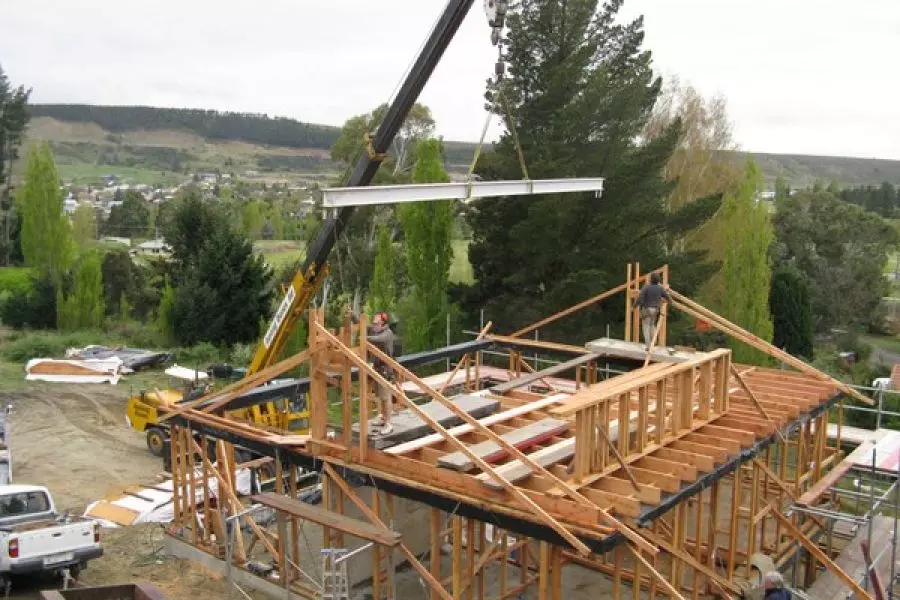News
Slow, halting growth path for consents

Friday 2nd of February 2018
Statistics NZ’s latest consent data shows that the number of new dwellings consented fell by 9.6% in December, reversing a 9.6% rise in November.
In actual terms, the total number of new homes consented was 2,169 in December 2017 – down 1.6 percent from the same month in 2016.
Statistics NZ construction statistics manager Melissa McKenzie says this was...
Want to read the full article?
Click the button below to subscribe and will have unlimited access to full article and all other articles on the site.






![[The Wrap] Bye Bye Bayly](https://goodreturns.publit.io/file/c_fill,w_900,h_600/39f23ac1-f7c7-4854-b700-a150004ebbac.webp)


